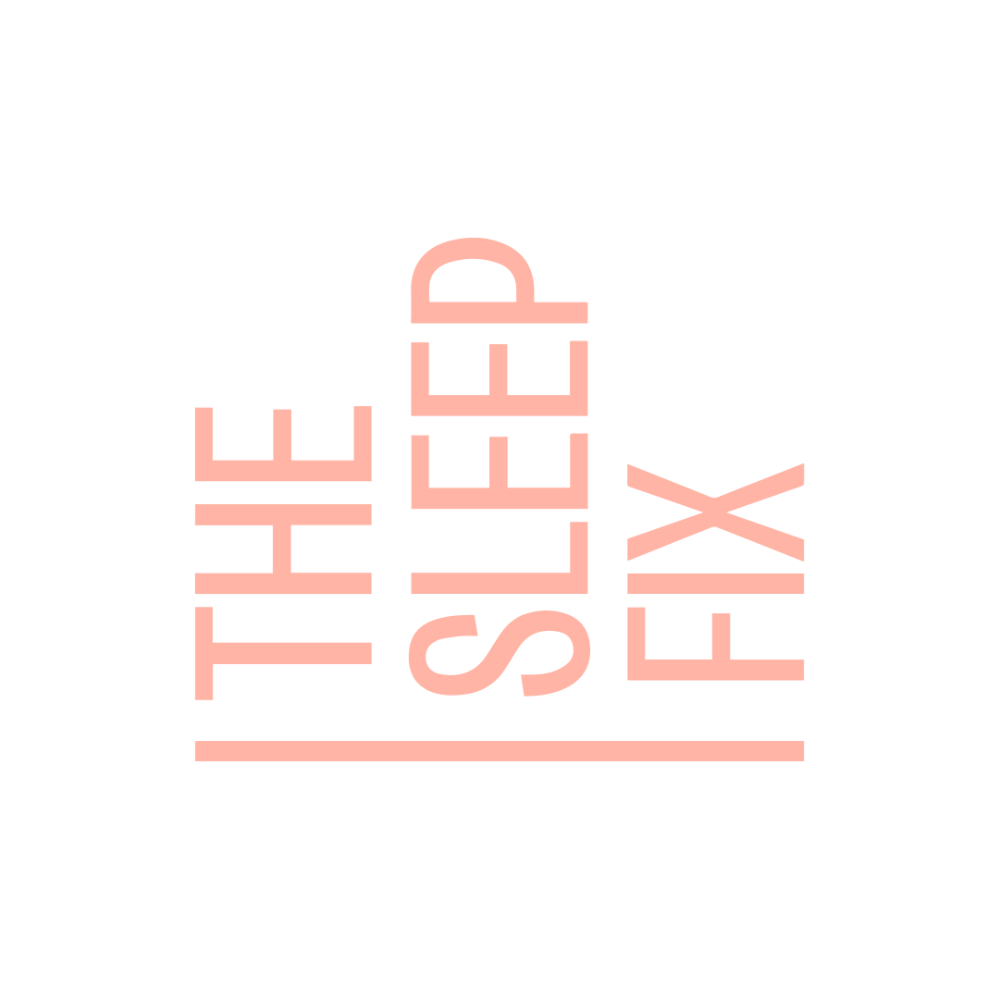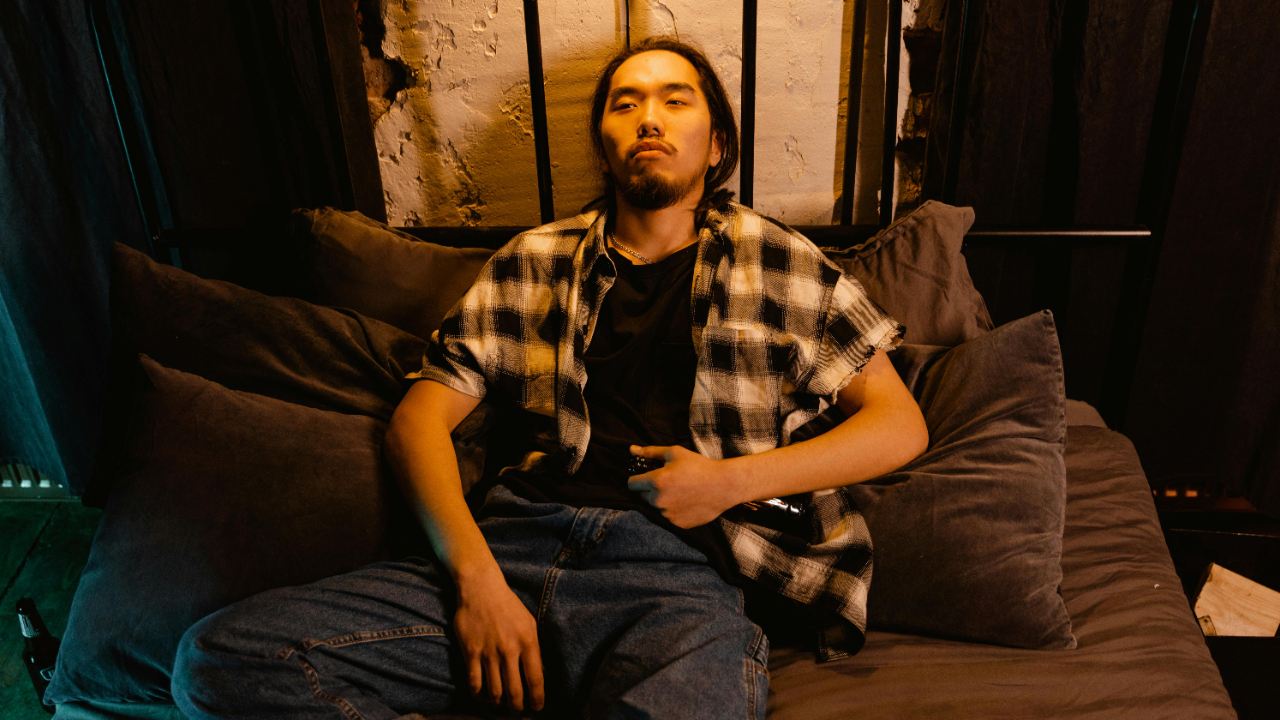How to Maximize the Benefits of Caffeine and Limit Its Downsides on Your Sleep

The conversation around caffeine and sleep is usually a short one: Caffeine is bad for your sleep — so avoid it.
But the truth about caffeine is much more nuanced.
In fact, did you know caffeine can sometimes be used to help you beat insomnia? More on that in a second.
First, it's important to know that quitting caffeine will only solve your sleep problems if caffeine is what’s causing your sleep problems. And chances are it probably isn’t!
If you've always had your morning cup of coffee and you used to sleep fine, and there’s no reason to suspect your caffeine metabolism changed, stop stressing about that morning cup of coffee and try to pinpoint the root cause of your sleep problems instead.
Also, if caffeine can help you stick with a consistent wake time after a bad night, caffeine can actually be used as a tool to help you get your sleep back on track.
So, instead of convincing you to quit caffeine, here are some ways you can maximize its benefits and limit its downsides on your sleep.
How to Get the Best Out of Caffeine
Caffeine’s main function is to block adenosine, the chemical in the brain that makes us feel sleepy. Another function is to boost cortisol, which is like the slow-release version of adrenaline.
Adenosine is at its lowest level right after we wake up and builds up the longer you have been awake. If you're having caffeine first thing in the morning, there's little to no adenosine to block. It's like putting water on an already extinguished fire.
Cortisol, on the other hand, usually peaks within an hour of waking up and helps you feel awake. So, to get the most bang for your buck, wait at least 90 minutes to have caffeine, and first thing in the morning, drink water instead.
3 Reasons Why Caffeine Makes You Feel Awake in the Morning
Right about now you might be thinking, "Then why does caffeine make me feel awake first thing in the morning?" Buckle up, here are some likely reasons:
- Your sleep inertia is fading. Sleep inertia is that groggy feeling you get as your brain goes from being asleep to awake. How long this process takes varies from person to person, and is usually more dramatic if you're waking up from deep sleep (e.g., if you’re woken up in the middle of the night), if you have certain sleep disorders, if you’re sleep deprived, or if you’ve consumed alcohol. BUT sleep inertia usually leaves within 30 minutes. So we often think caffeine is waking us up, when it's actually just our sleep inertia lifting, which would have happened without the caffeine.
-
You have a lot of adenosine in your brain when you wake up. If your brain is still full of adenosine when you wake up, that usually means you're sleep deprived – either because you didn’t get enough sleep or because something is wrecking your sleep quality, like sleep apnea. Keep in mind that sleep deprivation can impair your brain at a level equivalent to being drunk. So if you are sleep deprived, you’ll want to address that ASAP because, among other reasons, do you really want to be making important decisions, driving, and fulfilling your daily responsibilities while you’re basically hammered?
-
Your caffeine withdrawal is lifting. If you’re used to having caffeine first thing in the morning, then that’s probably also the time of day when you’ve been without caffeine the longest. For many, that means you wake up with caffeine withdrawal symptoms like headache, fatigue, irritability, drowsiness, and/or feeling mentally “foggy.” Once you have caffeine again, those withdrawal symptoms go away. If this is you, the caffeine isn’t actually waking you up, it’s getting you back to baseline.
How To Find Your Caffeine Sweet Spot
Of course, you don’t want to have caffeine too late either because you don’t want to be still caffeinated at bedtime. Experts often recommend avoiding caffeine within 8 hours of bedtime.
But we all metabolize caffeine at different rates for a number of reasons, and studies have shown that it’s possible to think caffeine isn’t affecting your sleep even when it has a significant impact.
A 2013 study showed that 400 milligrams of caffeine six hours before bed “reduced sleep by more than 1 hour” compared to placebo.
But what's most interesting is that even after all that caffeine, and after objective monitors showed they lost more than an hour of sleep, the participants in the study didn’t note any sleep disturbance in their diaries.
According to the study’s lead author, Dr. Christopher Drake, this was mostly because their sleep was fragmented. They would wake up for a few minutes here and there and really didn’t recognize it leading to them thinking they had a decent amount of sleep.
So, instead of guessing, consider keeping a sleep diary for a week or two to track how different amounts of caffeine and different caffeine timing impacts your sleep. Our FREE Sleep Diary can help you do this quickly and easily. When using your diary, remember to track not just how you sleep but also how you feel the next day.
Most importantly, you want to use caffeine more like a performance-enhancing drug rather than a staple to get through the day.
If you find you’re very tired or sleepy without caffeine, consider addressing the root cause of your sleep issues with the help of our book The Sleep Fix: Practical, Proven, and Surprising Solutions for Insomnia, Snoring, Shift Work, and More or in our course The Sleep Fix Method.
Because while caffeine can help you feel more awake, no amount of caffeine can make you feel as good as (or provide the many benefits of!) quality sleep.







